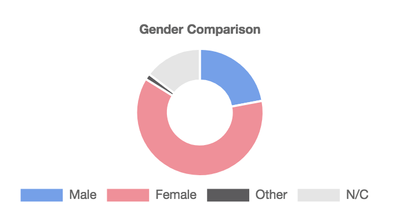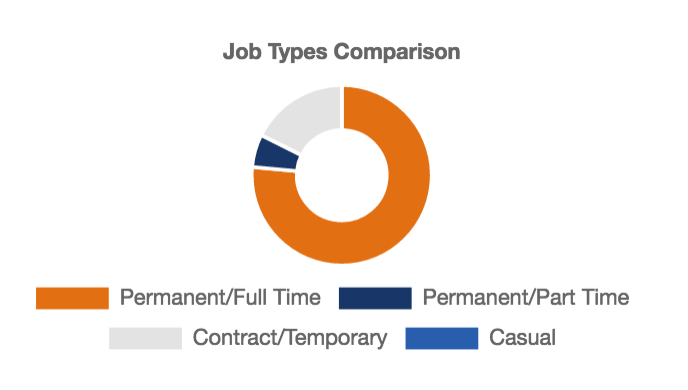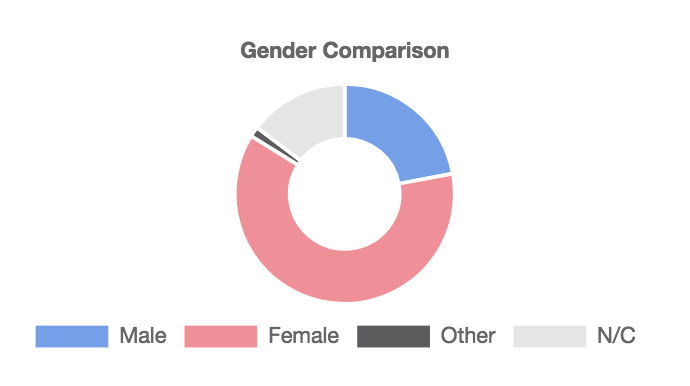
Find out what you could earn as an HR professional in the Australian mining industry.
Australia’s mining industry is facing some real challenges right now, with a skills shortage affecting recruitment just as the sector is starting to gather pace towards something resembling another boom.
Now, more than ever, the mining industry needs experienced, passionate human resources professionals. With production ramping up, exploration receiving an influx of investment, and the industry-wide skills deficit only looking to get worse before it gets better, mining companies across the country are calling out for people with HR qualifications or work backgrounds to join their teams.
We’ll get on to what you can earn in a human resources job in mining in a moment, but first, there are some special skills that make a candidate particularly attractive for an HR job in mining. Let’s take a look at those.
Previous mining industry experience is a great asset
If you’ve worked in the mining industry before, you will probably have at least some specialist industry knowledge, and you’ll certainly understand several really important factors, like:
- What certain mining jobs involve
- What it is like to work on a mine site
- What it is like to work FIFO
- How physically tough some of the work is
- How emotionally tough it can be to work away from home.
These are handy pointers if you’re working in recruitment, employee and industrial relations or even in training and development roles within the mining industry.
RELATED: 4 reasons to outsource to an HR consultant
A qualification relevant to the mining industry is a huge bonus
If you have a mining-related qualification — for example, a degree in engineering or geology — this extra insight will be looked on favourably by mining companies. They often need HR professionals with really specialist knowledge — especially when it comes to recruitment and to developing policies and procedures.
Be willing to work FIFO or live and work in a remote community
Not all HR jobs in the mining industry are based in offices in the city. Many are based onsite. This means you could be asked to work FIFO or to live in a regional centre, like Kalgoorlie. If this is the case, you’ll also be working on a roster – which is unlikely to be 9 to 5.
If you’re willing to accept these conditions (as everyone else ‘at the coalface’ in the mining industry has to) then the rewards can be great indeed. So, let’s have a look at some of those rewards.
It uses data from real jobs to provide this information and it’s completely searchable, using categories like job type, responsibility level, roster and location.
As of October 2018, the median total salary package for all HR jobs in the mining industry is $109,500 — not including superannuation and non-cash benefits. You can narrow that down, for example, to just HR generalist jobs — for which the median salary is $98,550 — or the average for management HR jobs, which is $187,847.
RELATED: When is the right time to talk about salary?
Helpfully, the Salary Search site will also show you the average of the benefits people performing these tasks receive. Again, the data shown here is for October 2018.

Salary Search will show you, according to whichever classifications you choose, several other comparisons including, education levels:

Job types:

Experience levels:

And even a gender comparison:

If you’re already working in HR in the mining industry and want to compare what you’re earning to what other people in the industry are earning, you can do so. Just input your data here.
Of course, having previous mining experience or a relevant qualification is not essential to landing an HR job in mining. Part of the beauty of being a qualified human resources professional is that you could end up working in any industry, doing what you love and what you’re good at. Often, it’s your HR skills you’re employed for, not necessarily the experience you have in that industry. (That said, when the two come together, that’s a wonderful thing!)